BEIJING, Nov 19 – China and Japan on Tuesday failed to bridge their differences over Japanese Prime Minister Sanae Takaichi’s recent remarks on Taiwan during a meeting of senior officials in Beijing, with Tokyo rejecting Beijing’s demand that they be retracted, according to a Japanese Foreign Ministry source.
Masaaki Kanai, head of the Japanese Foreign Ministry’s Asian and Oceanian Affairs Bureau, held talks with his counterpart, Liu Jinsong, in a bid to calm an escalating diplomatic spat that has begun to affect personnel exchanges, tourism, education and the entertainment sectors between the two Asian neighbors.
Takaichi, a China hawk known for her pro-Taiwan stance, told a parliamentary committee on Nov. 7 that a military attack on the self-ruled island could constitute a “survival-threatening situation” for Japan, possibly allowing the exercise of its right to collective self-defense.
As part of Beijing’s harsh responses, the Chinese government has urged its citizens to avoid visiting Japan and called on those planning to study there to carefully reconsider, citing safety risks.
Kanai refuted the basis of China’s travel alert issued Friday, saying Japan’s public safety situation is not deteriorating, the Foreign Ministry said.
He also lodged a fresh protest with China over a recent social media post by Chinese Consul General in Osaka Xue Jian that contained the line “cut a dirty neck without a moment of hesitation,” in an apparent threat to Takaichi, who suggested a potential response by the country’s defense forces in the event of a Taiwan contingency.
At a Beijing press conference, Chinese Foreign Ministry spokeswoman Mao Ning blamed Takaichi for a recent sharp deterioration of bilateral ties, saying the root cause of the current situation lies in the Japanese leader’s “blatant and erroneous remarks” on Taiwan, which “grossly interfered with China’s internal affairs.”
“The egregiousness, both in nature and impact, has triggered strong outrage and condemnation from the Chinese people,” she added.
China regards the democratic island as a renegade province to be unified with the mainland and maintained that by force the Taiwan issue is purely an “internal affair.”
In a 1972 joint communique, Tokyo recognized the People’s Republic of China as the sole legitimate government of China, switching its diplomatic recognition from Taiwan.
Communist-led China and democratic Taiwan have been governed separately since they split in 1949 following a civil war.
In Tokyo, Chief Cabinet Secretary Minoru Kihara said Tuesday Japan is “open to all kinds of dialogue” with China.
Foreign Minister Toshimitsu Motegi also called for “multilayered communications in wide areas” between governments and private sectors of the two countries, saying they are “all the more important” when the Asian neighbors face issues of concern and hold differing views.
Their comments came a day after the Chinese Foreign Ministry said Premier Li Qiang does not plan to meet with Takaichi in South Africa, where the two-day Group of 20 leaders’ summit is set to take place from Saturday.
Following the senior officials’ talks in Beijing, Japanese Vice Foreign Minister Takehiro Funakoshi is expected to meet with Chinese Ambassador to Japan Wu Jianghao in the near future.
A senior Japanese Foreign Ministry official said China’s angry reaction this time appears similar in scale to the backlash triggered by the Japanese government’s 2012 purchase of the Senkaku Islands in the East China Sea, which Beijing claims and calls Diaoyu.
“The negative repercussions (from Takaichi’s remarks) could continue for years to come,” the official said. Tokyo’s purchase of the islands from their private owner caused large-scale anti-Japanese demonstrations across China in 2012.
Chinese media reported Monday that two Japanese film releases in China, originally scheduled for later this week and early December, have been postponed.
Live performances by Japanese comedians from Yoshimoto Kogyo Holdings Co., scheduled to take place in Shanghai from Thursday, have been canceled, according to organizers.
Following the travel advisory, Chinese airlines have seen about 491,000 cancellations of Japan-bound flight tickets since Saturday, accounting for roughly 32 percent of their total bookings, Hong Kong media reported Monday, citing an independent aviation analyst.
According to the South China Morning Post, the analyst Li Hanming said that, based on his research data covering all mainland China-based airlines, flight-ticket cancellations on Sunday were 27 times that of new bookings. He added that he had not seen revocations on such a scale since early 2020 due to the COVID-19 pandemic.
In a related move, Sichuan Airlines, based in Chengdu in China’s southwest, announced on Monday cancellations of its planned flights linking the provincial capital and New Chitose airport near Sapporo in Hokkaido between January and March next year. – Kyodo News

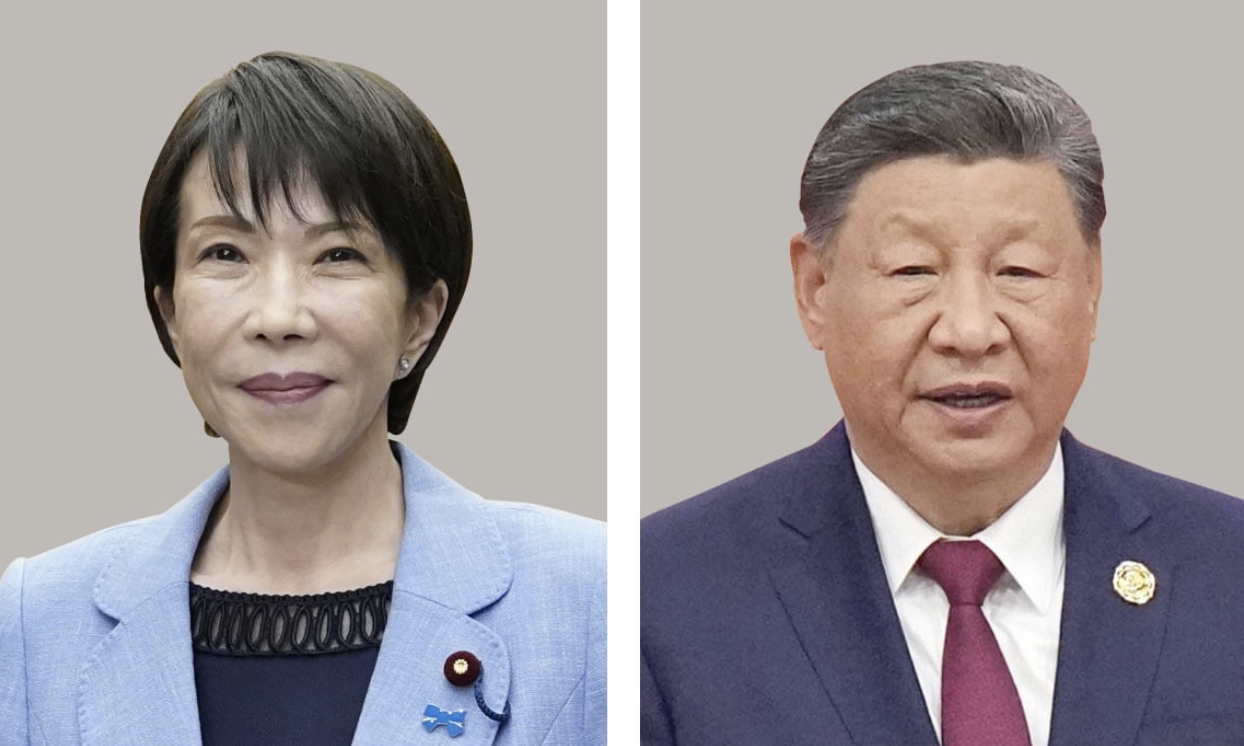







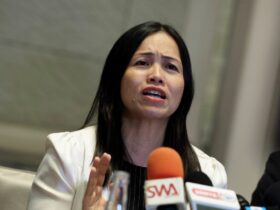
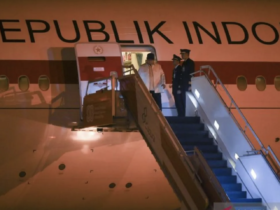

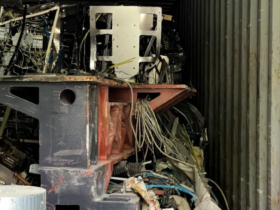
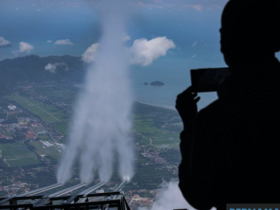
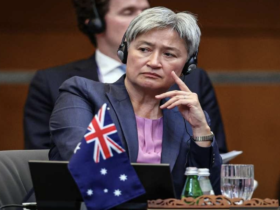
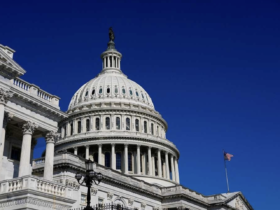


Leave a Reply